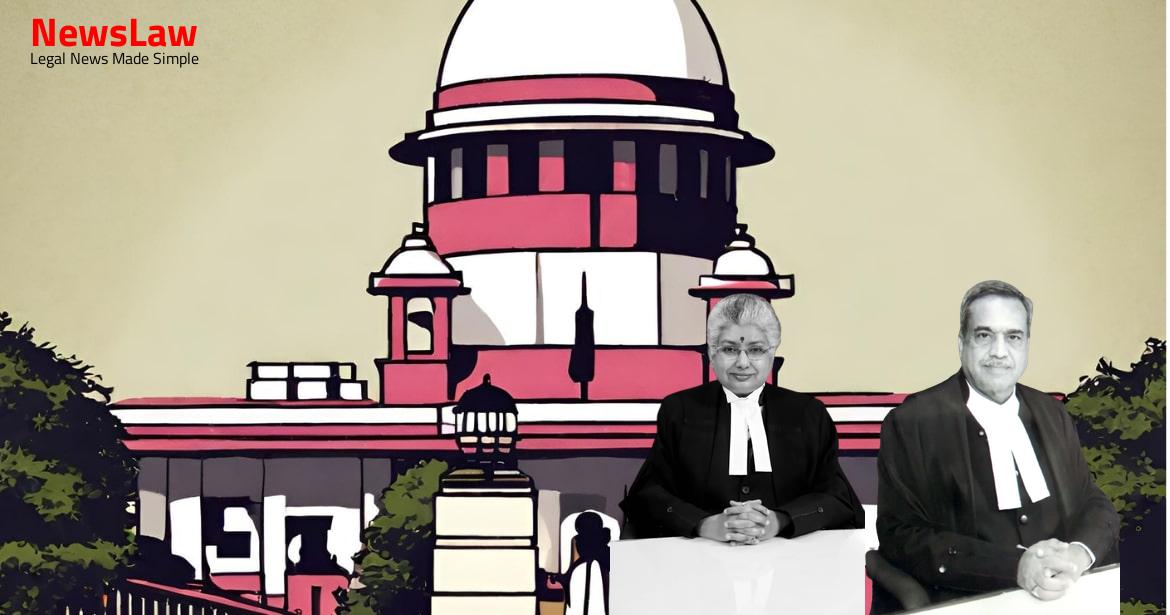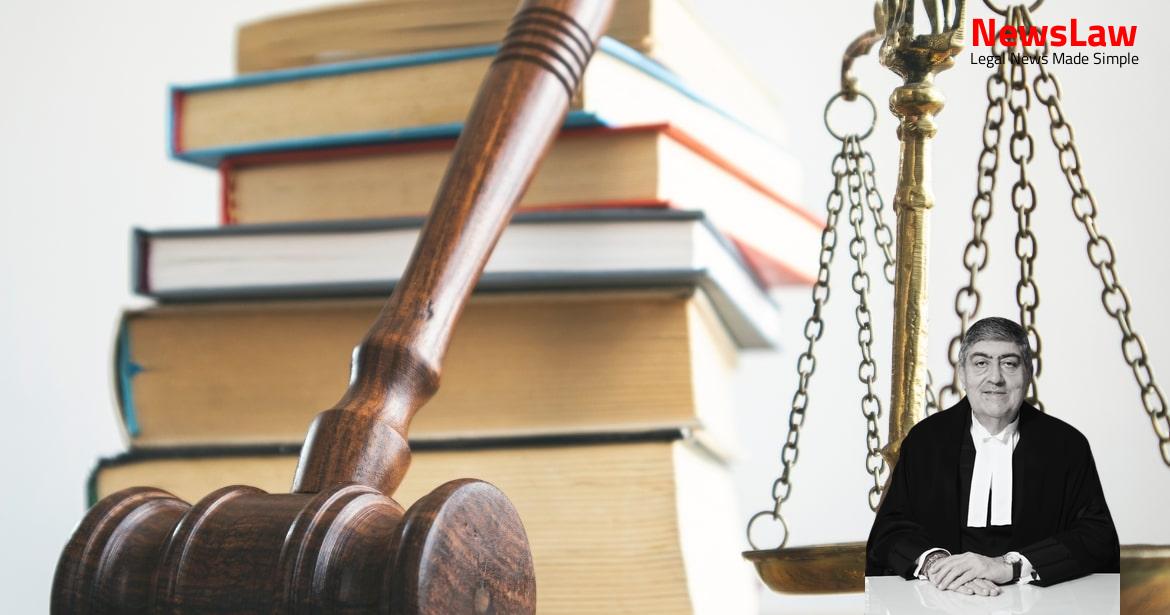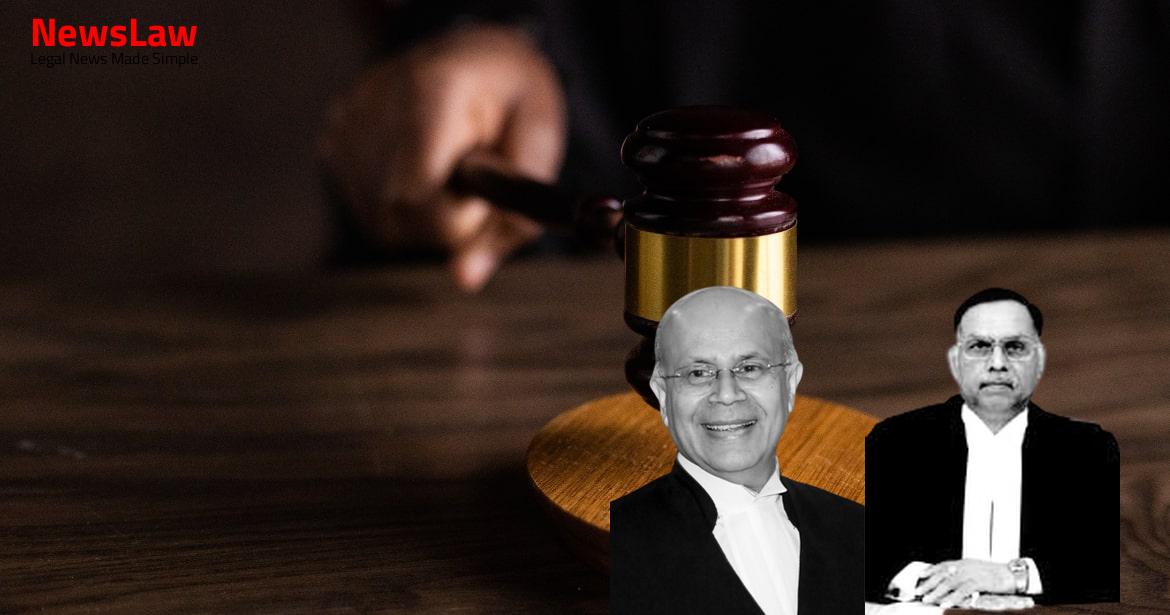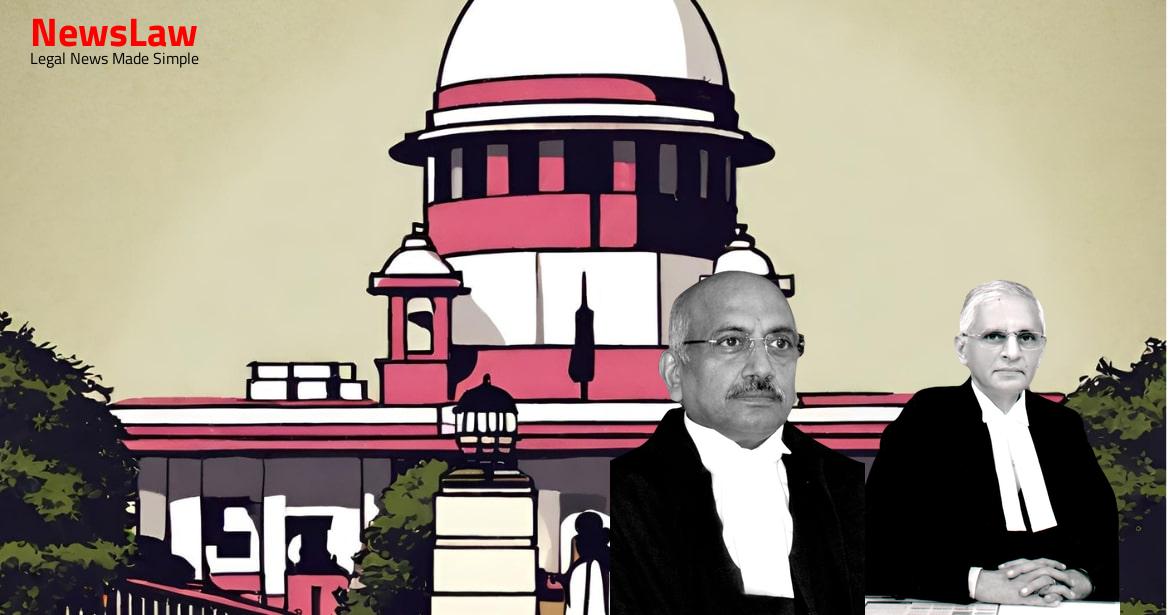Delve into the intricate legal analysis of reservation quotas in Punjab’s private health sciences institutions. The court’s consideration of the state’s autonomy in determining reservation percentages provides insights into the legal framework governing educational institution admissions. Understanding the nuances of reservation policies in this context is crucial to appreciate the complexities of the case.
Facts
- The High Court of Punjab & Haryana directed the State of Punjab to issue a fresh notification for 1% reservation for children/grandchildren of terrorist affected persons/Sikh riots affected persons in private unaided non-minority Medical/Dental institutions in Punjab.
- The reservation/ quota shall also be applicable to management quota seats.
- The fresh notification should include a 3% sports quota in Government Medical/Dental Colleges.
- State of Punjab enacted the Punjab Private Health Sciences Educational Institutions Act, 2006 for regulation of admission, fee fixation, and reservation in private health sciences educational institutions.
- State Government issued notifications for reservation in admission for sports persons and children/grandchildren of terrorist affected persons.
- Writ petitions were filed to extend reservation to private institutes as well, which was granted partially by the High Court.
- High Court’s decision was challenged in the Supreme Court, which dismissed the special leave petition.
- Reservation was to be extended to private institutes based on the Sporty Policy, 2018.
- Clause 16 of the notification provided reservation in Government Medical/Dental Colleges, and Clause 17 provided for admission to private institutes.
Also Read: Ruling on Circumstantial Evidence in Murder Case
Arguments
- The State Government should have the autonomy to decide on reservation quotas without being compelled by a writ of mandamus.
- Previous court decisions support the idea that states have the discretion to determine reservation percentages.
- The State of Punjab had made a conscious decision to provide only 1% reservation for sports persons.
- Article 15(5) of the Indian Constitution is seen as an enabling provision rather than a mandatory directive.
- The High Court’s directive to provide 3% reservation for sports persons was deemed unsustainable by the State.
- High Court directed 3% reservation for sports persons based on Sports Policy, 2018.
- Senior Counsel supported the decision citing consistency with the Sports Policy, 2018.
- Original writ petitioners’ counsel stated the notification under challenge was for academic year 2019-20.
- Admissions were given based on the High Court’s order, except for the 3% reservation for sports persons.
- Fresh notification issued for academic year 2021-22 provided 1% reservation for sports persons in private institutes.
- Issue in the case has become academic as admissions have been implemented based on the High Court’s order.
Also Read: Challenging Legal Presumptions in Negotiable Instrument Cases
Analysis
- The High Court directed the State to provide 1% reservation for children/grandchildren of terrorist affected persons/Sikh riot affected persons and sports persons in private unaided non-minority Medical/Dental institutions for the academic year 2019-20.
- The State Government decided to grant reservation for SC/ST/backward class communities at both undergraduate and postgraduate levels.
- The enabling provisions of Article 16(4) and (4-A) allow the State to provide reservation for specified categories.
- Writ petitions were filed under Article 32 seeking directions to enforce reservation provisions in various articles of the Constitution.
- The Court declined to issue mandamus for specific reservation percentages beyond what the State had decided.
- The High Court’s directive to provide 3% reservation for sports persons was deemed unsustainable and quashed.
- Reserved posts constitute an enforceable right for SC/ST category individuals, subject to adherence by the authorities.
- States have the autonomy to decide on reservation percentages based on various considerations.
- The State Government’s decision to limit sports quota to 1% was upheld, as the Court refrained from intervention through mandamus.
- The Court emphasized that reservations can be made at entry levels as well as in promotions.
- Admissions for 2019-20 were granted based on the High Court’s judgment except for the 3% sports quota, pending further court decision.
- The order to enhance sports quota from 1% to 3% was stayed by the Court.
- The High Court’s direction for counseling to proceed by a specified date was upheld.
- The State’s power to make provisions for reservation was recognized, but the Court cannot mandate specific percentages through writs of mandamus.
- The courts do not have the authority to issue a mandamus directing the State Government to provide reservations.
- Quantifiable data collection is a prerequisite for providing reservations, as per Constitution Articles 16(4) and 16(4-A).
- State Government is not bound to provide reservations, and therefore not required to justify decisions with quantifiable data.
- Even if under-representation of Scheduled Castes and Scheduled Tribes is evident, the court cannot mandate reservation.
- Judicial interference in policy decisions or mandating specific policies are distinct actions.
- The High Court quashed and set aside the direction for a 3% sports quota in Government Medical/Dental Colleges in Punjab.
- The High Court stated that no writ of mandamus should have been issued in this case.
Also Read: Legal Analysis Critique in High Court’s Quashing Order
Decision
- All impleadment/intervention applications have been disposed of in accordance with the judgment and order.
- The present appeals have been allowed under the mentioned terms.
- No costs shall be imposed in the circumstances of the case.
- Individuals with grievances are advised to seek legal recourse for their grievances.
Case Title: THE STATE OF PUNJAB Vs. ANSHIKA GOYAL (2022 INSC 94)
Case Number: C.A. No.-000317-000317 / 2022



